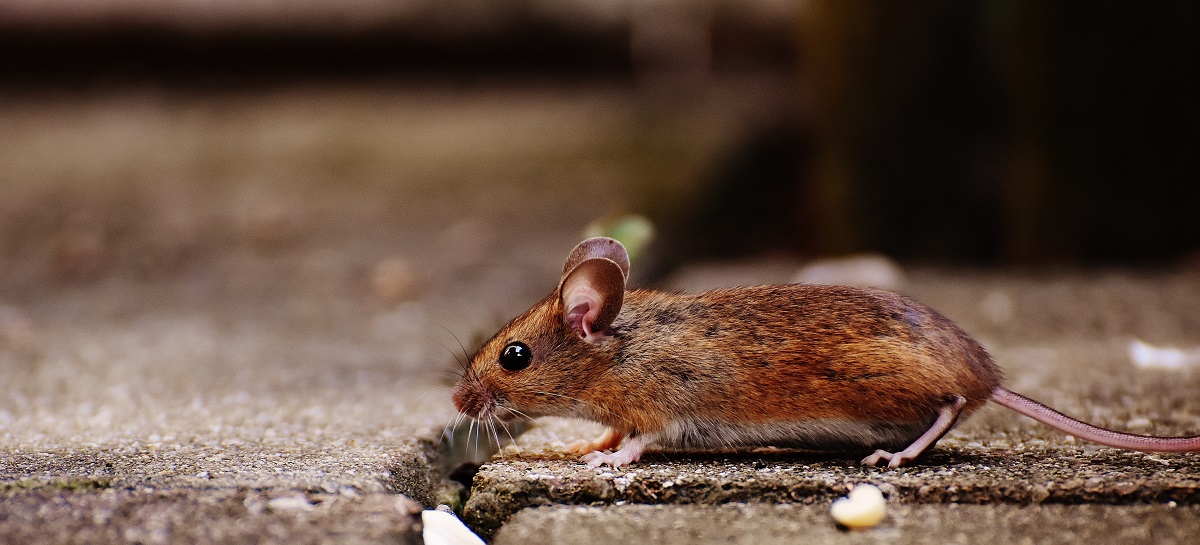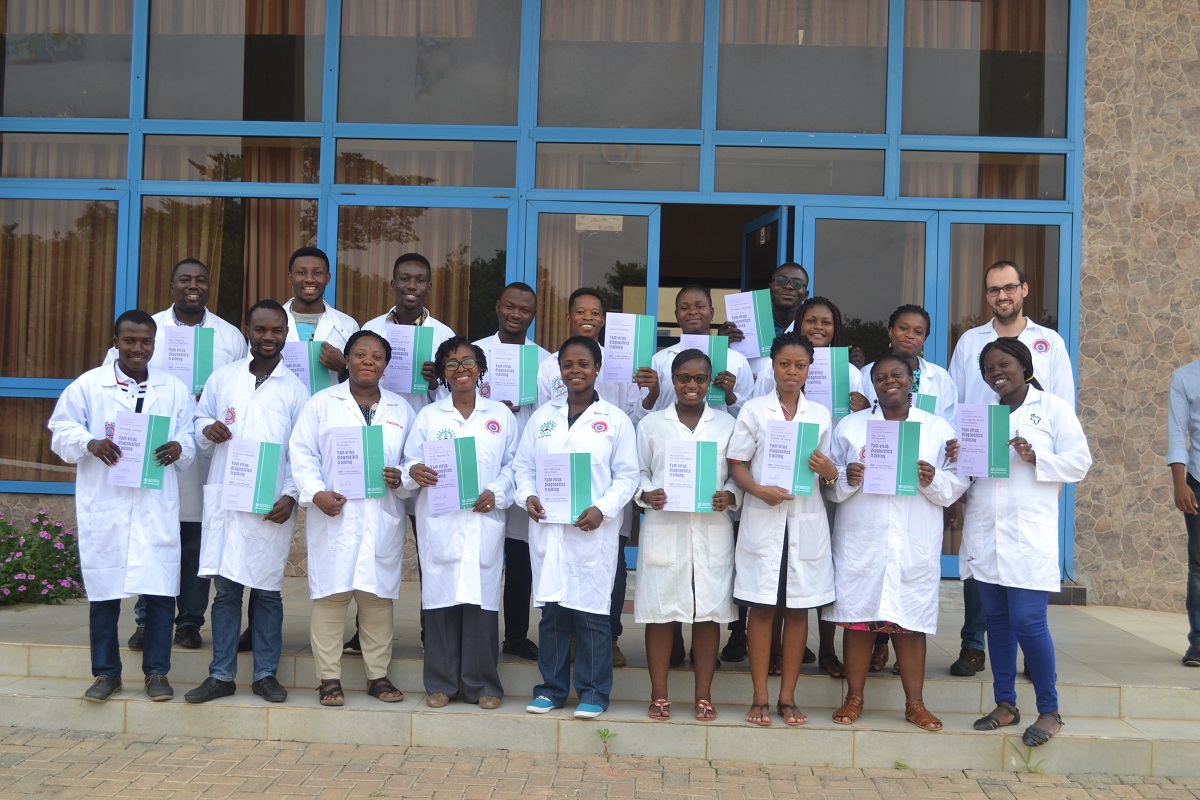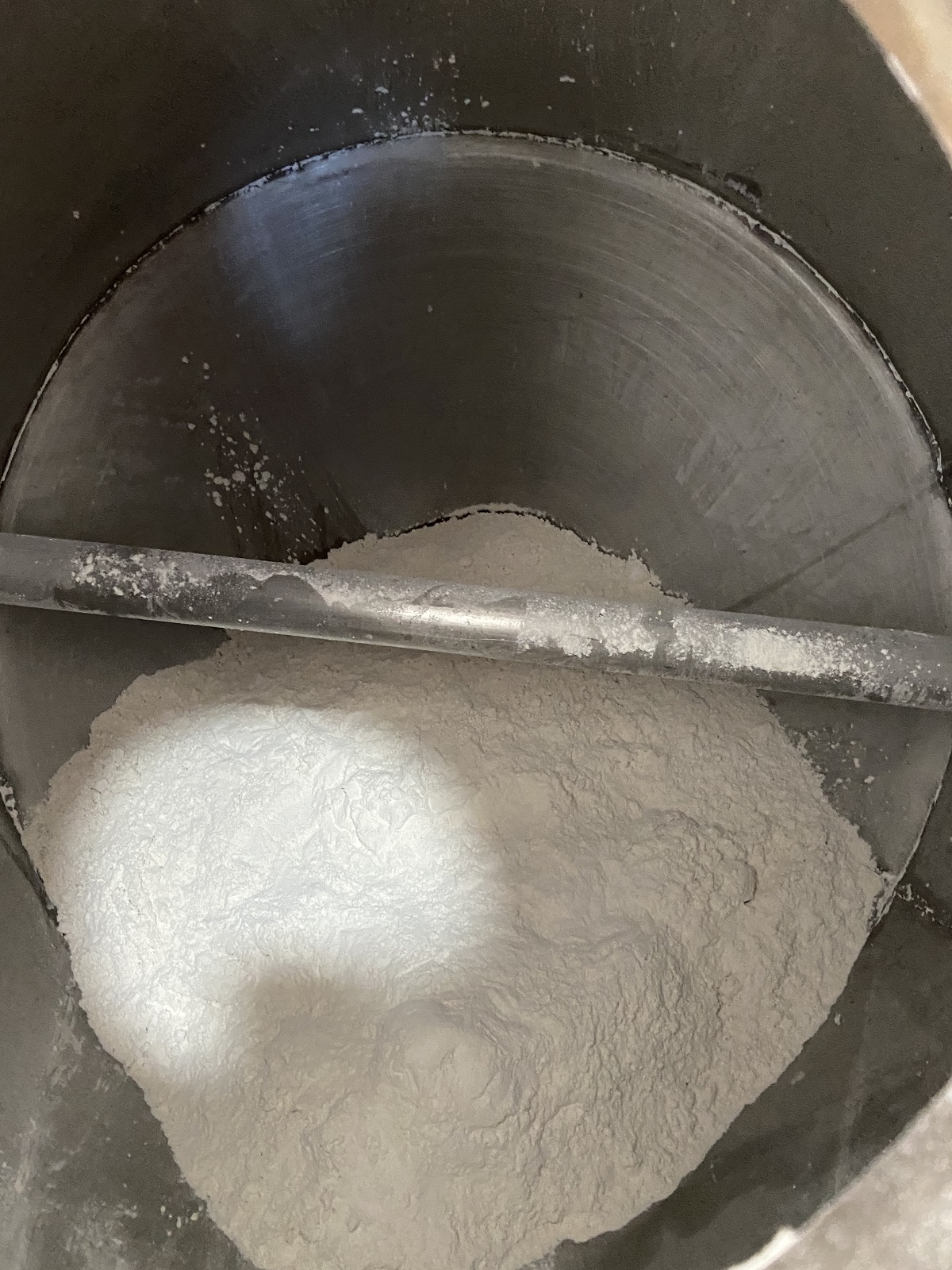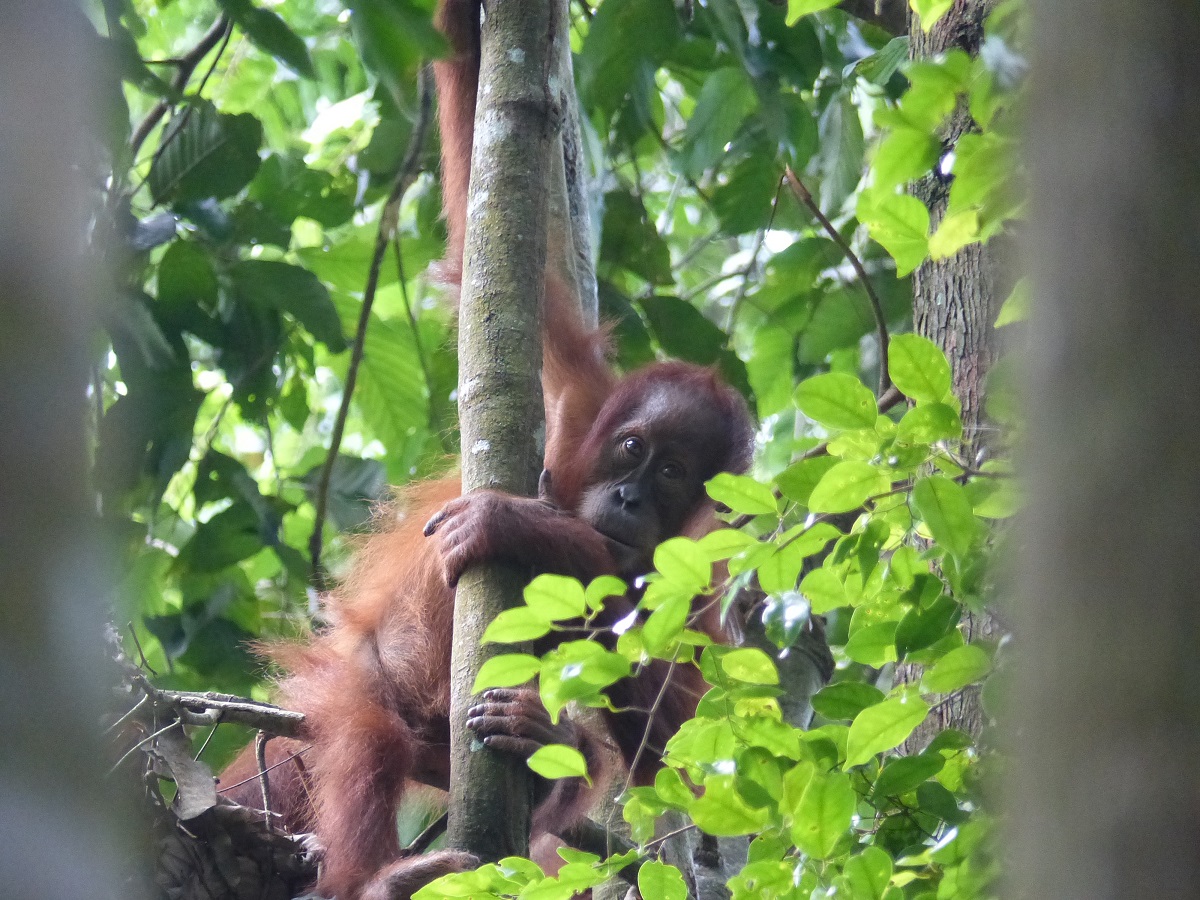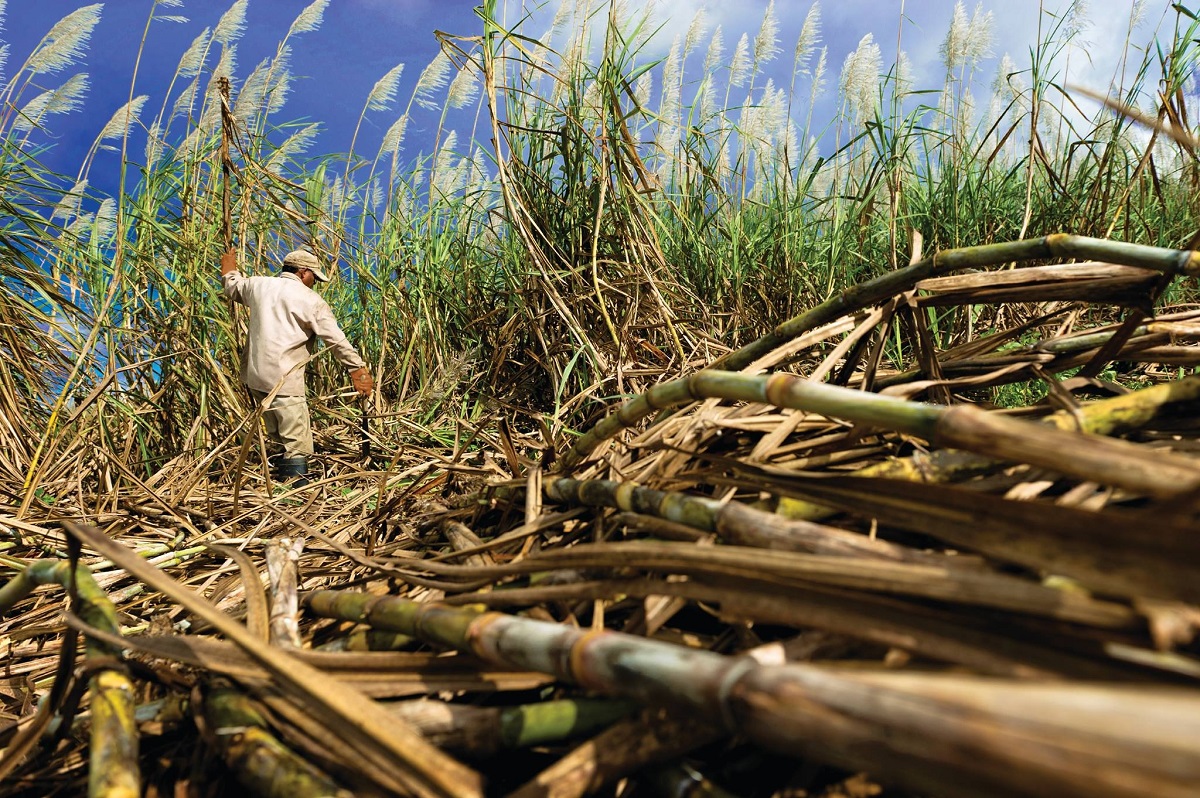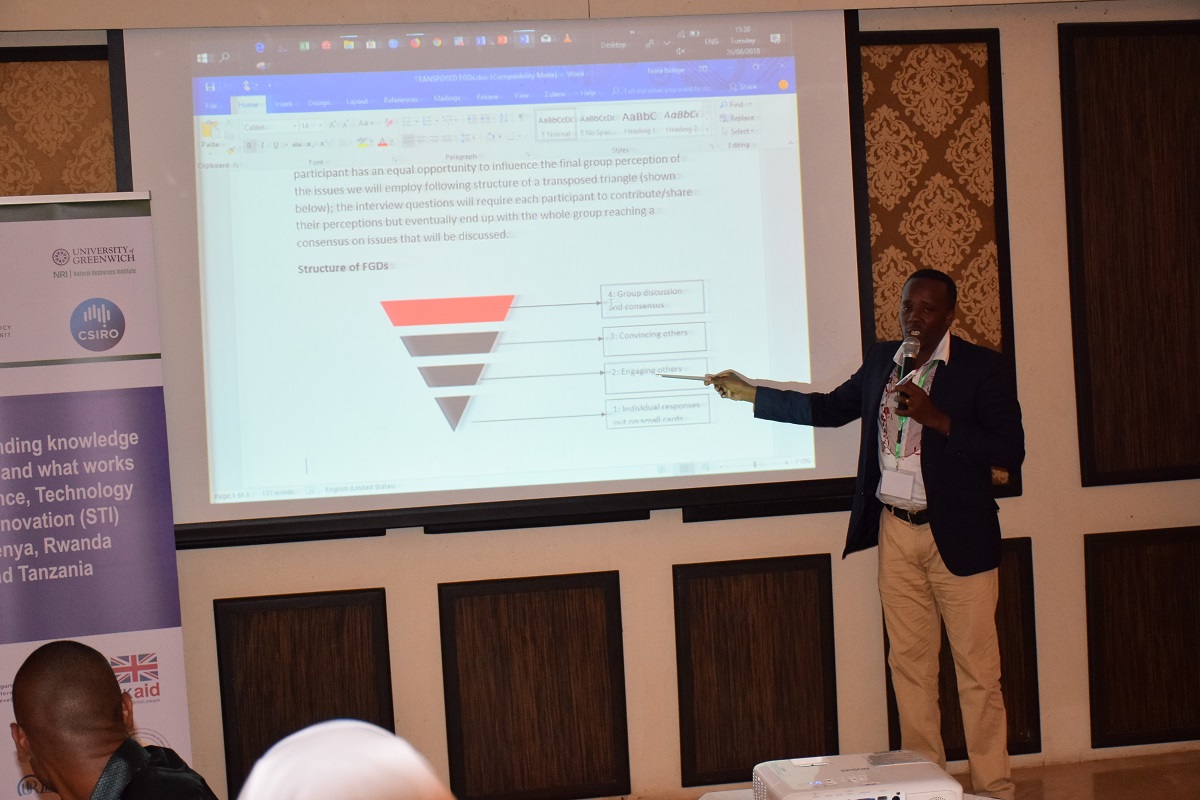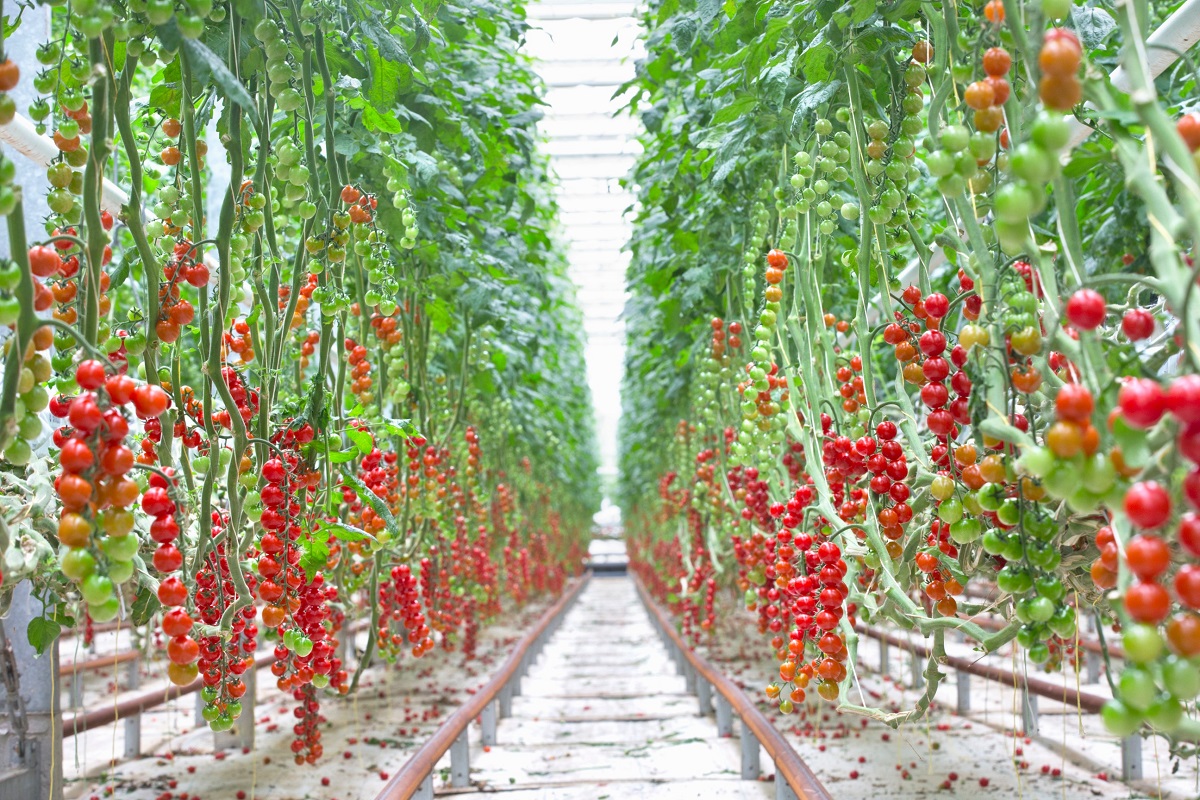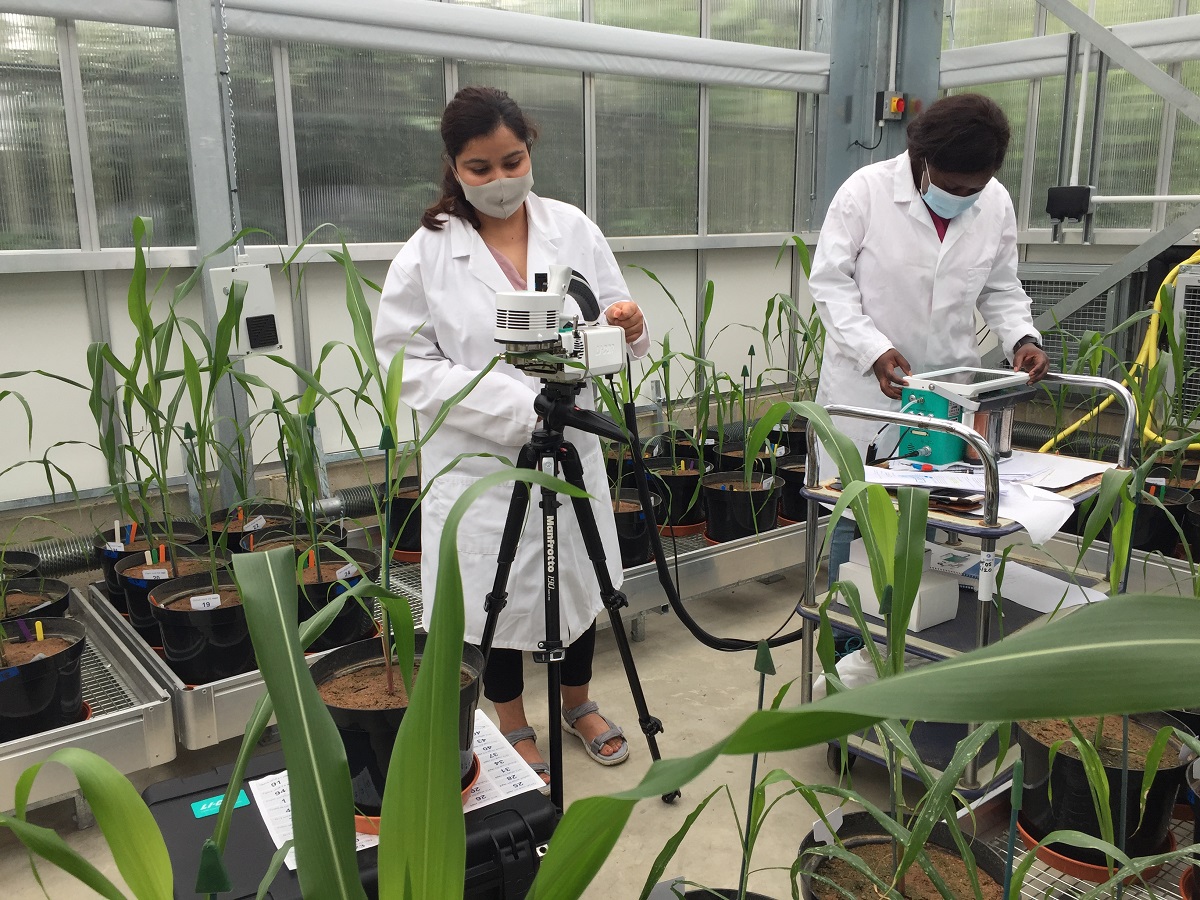News - 2022
The name ‘Steve Belmain’, Professor of Ecology at NRI, is synonymous with rats, mice and any rodent that is a serious pest capable of destroying crops, contaminating food, damaging infrastructure, and transmitting dangerous diseases to people and...
Despite progress in many aspects of global development over recent decades, 690 million people experienced hunger in 2020. Degradation of our natural resources – land, water, forests, and biodiversity – continues at alarming rates. The food supply...
Yams look similar to sweet potatoes – they both grow herbaceous vines and produce edible tubers. Their taste, however, is quite different – yams are starchier and more potato-like whereas sweet potatoes are sweeter with a creamy texture. In West...
It is estimated that 10% of the world’s population rely on cassava as a staple food. Cassava is one of the world’s most versatile crops, with uses for both food and industry –for example, it can be used to make animal feed, ethanol, or adhesives....
Like many endangered species worldwide, orangutan populations are facing multiple threats from habitat loss, poaching and illegal trade. Conflicts with humans also arise, as competition between the two species increases due to the shrinking of land...
Over the last 15 years, there has been a significant expansion of private-sector agricultural investments in low- and middle-income countries. Too often, such investments have led to dispossessions, forced resettlements, lost livelihoods and human...
Gender equity may not immediately come to mind when thinking about crop breeding. However, the influence of gender roles and social relationships on crop breeding is considerable, particularly with root, tuber and banana (RTB) crops which are vital...
The sustainable development agenda is a response to a new class of challenges that call into question current patterns of human activity in relation to production and consumption, access and distribution of resources, and the way these processes...
Every year, viral diseases wreak havoc worldwide on tomato and cucurbit crops (squash, pumpkin, courgette), causing huge yield losses ranging from 15% to 100%, accounting for losses of around €3.5 billion in Europe alone. The emergence of new and...
Walking through a field of sorghum, your vision might be drawn upwards to the plant’s impressively tall stalks, its waxy green leaves or its large panicles. You may be unaware of what is happening to the crops under your feet. A cereal species of...
Wine connoisseurs might describe the taste of a wine as earthy, round, robust, crisp, mellow, oaky, or any number of specialist terms. Much of the taste is attributed to its terroir – a term encompassing the complete natural environment in which a...
Valerie Nelson and Adrienne Martin |
How can we change corporate behaviour to stop the harm it causes to workers, Indigenous Peoples, local communities and environments in low- and middle-income countries? Corporate power has grown through...


